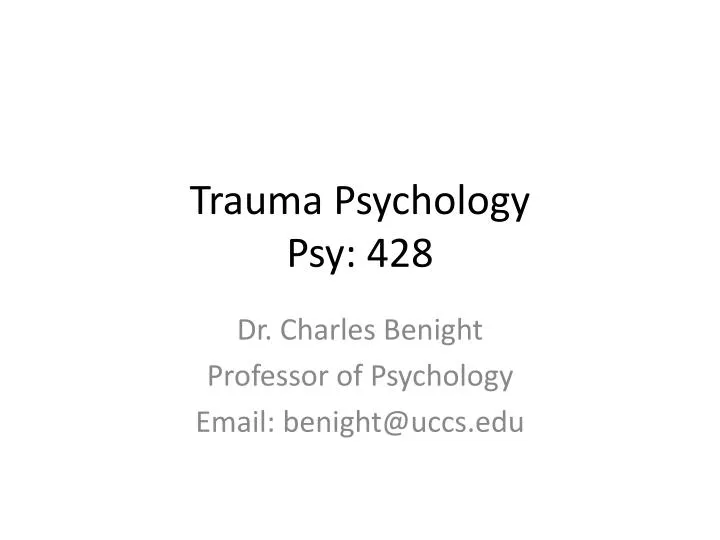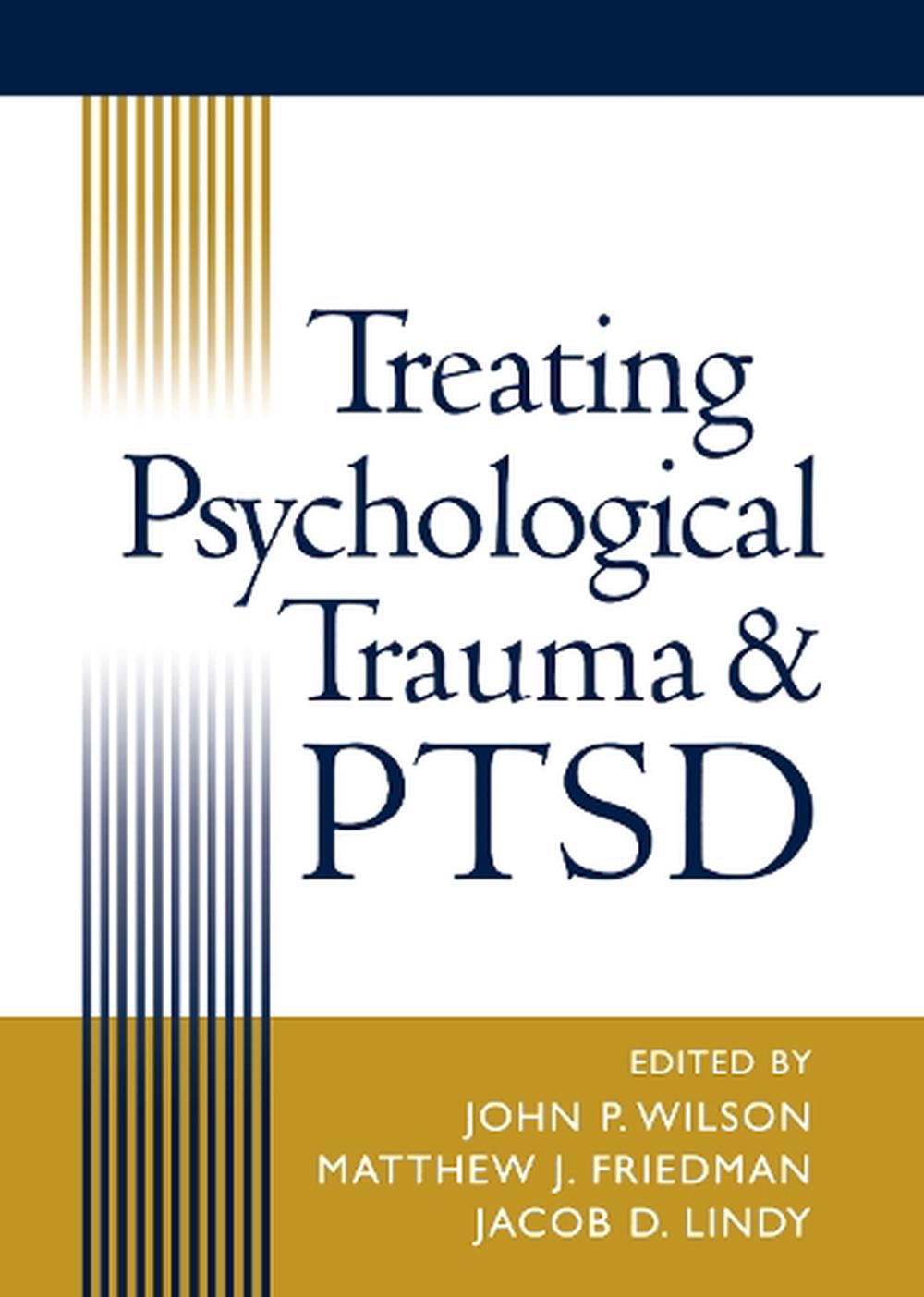
#Trauma psychology professional
We know that the brain changes in response to a traumatic experience, however, by working with a mental health professional who specializes in trauma, you can leave your trauma behind and learn to feel safe again. It is possible to heal from emotional and psychological trauma. Recent studies have found that body-oriented approaches such as mindfulness, yoga, and EMDR are powerful tools for helping the mind and body reconnect.Īdditionally, neurofeedback (a type of biofeedback that focuses on brain waves) shows promise in helping patients with trauma symptoms learn to change their brain wave activity to help them become calmer and better able to engage with others. These modalities treat the memory portion (the unconscious) of the trauma, however we now know that a survivor’s conscious brain must be treated, as well. Talk therapy (psychodynamic psychotherapy) is a method of verbal communication that is used to help a person find relief from emotional pain and strengthen the adaptive ways of problem management that the individual already possesses.

Exposure therapy (also called In Vivo Exposure Therapy) is a form of cognitive behavior therapy that is used to reduce the fear associated with the emotional triggers caused by the trauma.

Cognitive Behavioral Therapy (CBT) teaches the person become more aware of their thoughts and beliefs about their trauma and gives them skills to help them react to emotional triggers in a healthier way.Mental health professionals who are specially trained in treating trauma can assess the survivor’s unique needs and plan treatment specifically for them.Ĭurrently, there are several trauma therapy modalities in place: It must be adapted to address different symptoms. Intense feelings of guilt, as if they are somehow responsible for the event.Physical symptoms, such as nausea and headaches.Persistent feelings of sadness and despair.Over time, these emotional responses may fade, but a survivor may also experience reactions long-term.

Often, shock and denial are typical reactions to a traumatic event. It disrupts the victim’s ability to attach to an adult caregiver.Īn adult who inflicts developmental trauma usually doesn’t do it intentionally – rather, it happens because they are not aware of the social and emotional needs of children. The result of abuse, neglect, and/or abandonment, developmental trauma interferes with the infant or child’s neurological, cognitive, and psychological development. This disorder forms during a child’s first three years of life. Developmental Trauma Disorderĭevelopmental trauma disorder is a recent term in the study of psychology. Sufferers of this PTSD have persistent and frightening thoughts and memories of their ordeal. Post-Traumatic Stress Disorder (PTSD) can develop after a person has been exposed to a terrifying event or has been through an ordeal in which intense physical harm occurred or was threatened. The traumatic experience frequently transpires within a particular time frame or within a specific relationship, and often in a specific setting. The effects of complex trauma are cumulative. It often results in direct harm to the individual. Complex TraumaĬomplex trauma happens repetitively. Among them are complex trauma, post-traumatic stress disorder (PTSD), and developmental trauma disorder. In this case, a minor Category One hurricane may bring up traumatic flashbacks of their terrifying experience.īecause trauma reactions fall across a wide spectrum, psychologists have developed categories as a way to differentiate between types of trauma.

For example: one person might be upset and fearful after going through a hurricane, but someone else might have lost family and barely escaped from a flooded home during Hurricane Katrina. Everyone processes a traumatic event differently because we all face them through the lens of prior experiences in our lives. However, it can also encompass the far extreme and include experiences that are severely damaging, such as rape or torture.īecause events are viewed subjectively, this broad trauma definition is more of a guideline. When loosely applied, this trauma definition can refer to something upsetting, such as being involved in an accident, having an illness or injury, losing a loved one, or going through a divorce. In general, trauma can be defined as a psychological, emotional response to an event or an experience that is deeply distressing or disturbing.


 0 kommentar(er)
0 kommentar(er)
